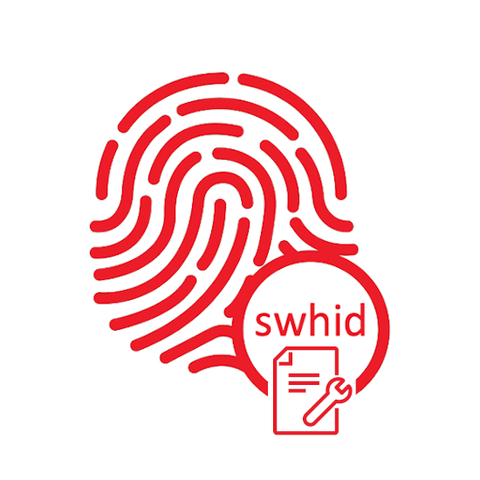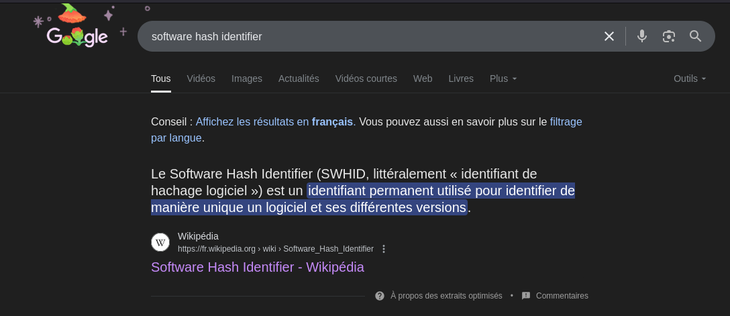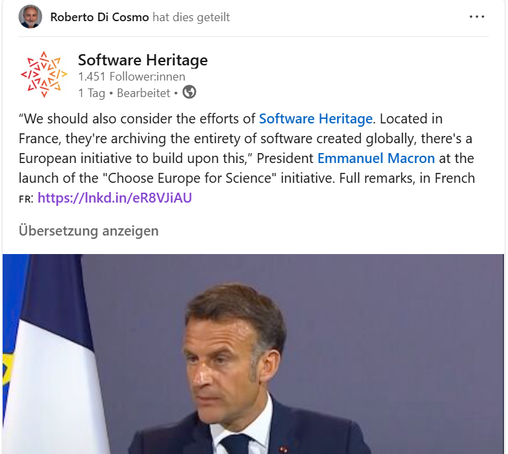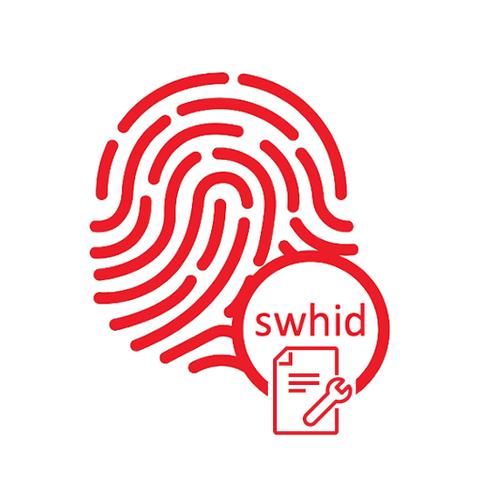- https://www.softwareheritage.org/2025/06/13/software-hash-identifier-swhid-tutorial/ ("Using the SoftWare Hash Identifier (SWHID): A tutorial" by Nicole Martinelli)
--<--
Software identification is crucial for ensuring the long-term traceability of scholarly outputs.
However, identifying software can be complex, resembling an investigation requiring tailored solutions.
The Software Hash Identifier (SWHID) is an intrinsic identifier designed for software, acting like a unique fingerprint or DNA sequence intrinsically bound to the software’s content.
It complements extrinsic identifiers like DOIs, which typically identify metadata records or broader projects.
The SWHID provides actionable solutions for researchers, repository managers, and others involved in the scholarly ecosystem.
This tutorial provides a guide for research support staff, designed to answer the question: “What does an end-user from my institution need to understand about software identification?”
-->--





